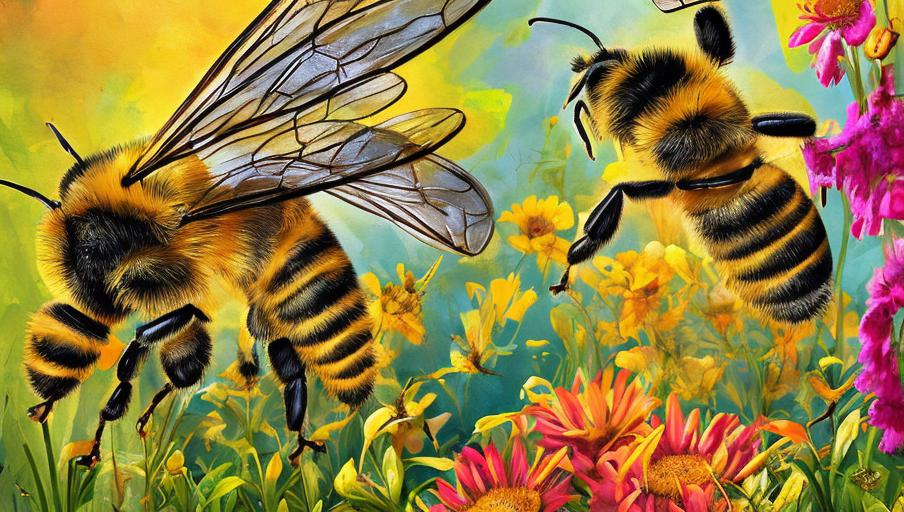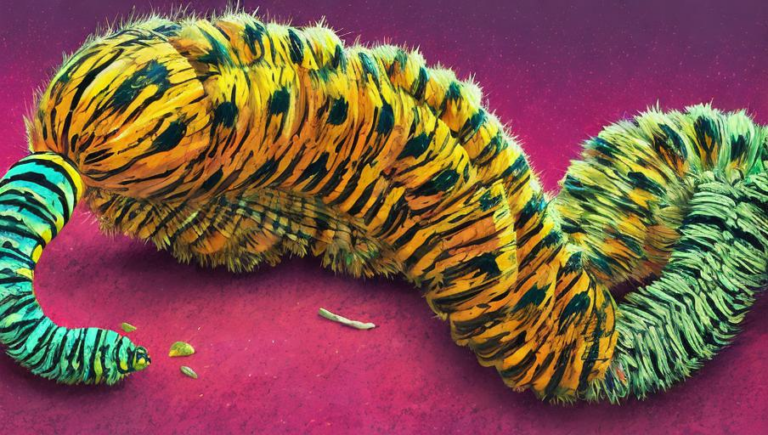Managing Pesticides to Protect Bees

The Impact of Pesticides on Bees
Bees are an essential part of our ecosystem. They pollinate flowers and crops, which are important for food production. Unfortunately, bees are being threatened by the use of pesticides. Pesticides have been linked to a number of problems for bees, such as reduced fertility, decreased lifespan, and decreased ability to fight off parasites and diseases.
The Need for Regulation
In order to protect bees, it is necessary to regulate the use of pesticides. The use of certain types of pesticides should be restricted or banned, and other types should be used with caution and in limited amounts. It is also important to ensure that pesticides are not used near areas where bees are foraging for food. This will help to protect the bees and reduce their exposure to the harmful chemicals.
The Benefits of Organic Farming
Organic farming is a great way to reduce the use of pesticides and protect bees. Organic farms use natural methods to manage pests instead of relying on chemical pesticides. This reduces the amount of chemicals in the environment and helps to protect bees from the harmful effects of pesticides. Organic farming also supports the local economy and helps to conserve natural resources.
What Can We Do?
In order to protect bees from the effects of pesticides, it is important to be aware of the dangers and know how to manage their use responsibly. Individuals can help by choosing to buy organic produce and supporting organic farmers. We can also educate ourselves on the different types of pesticides and their effects, and avoid using them in areas where bees are foraging for food. Finally, we can spread awareness and advocate for better regulation of pesticides.
Conclusion
Bees play an important role in our environment, and it is important to protect them from the harmful effects of pesticides. We can do this by regulating the use of pesticides, adopting organic farming methods, and educating ourselves on the dangers of pesticides. By taking these steps, we can help to ensure that bees continue to thrive in our environment.





